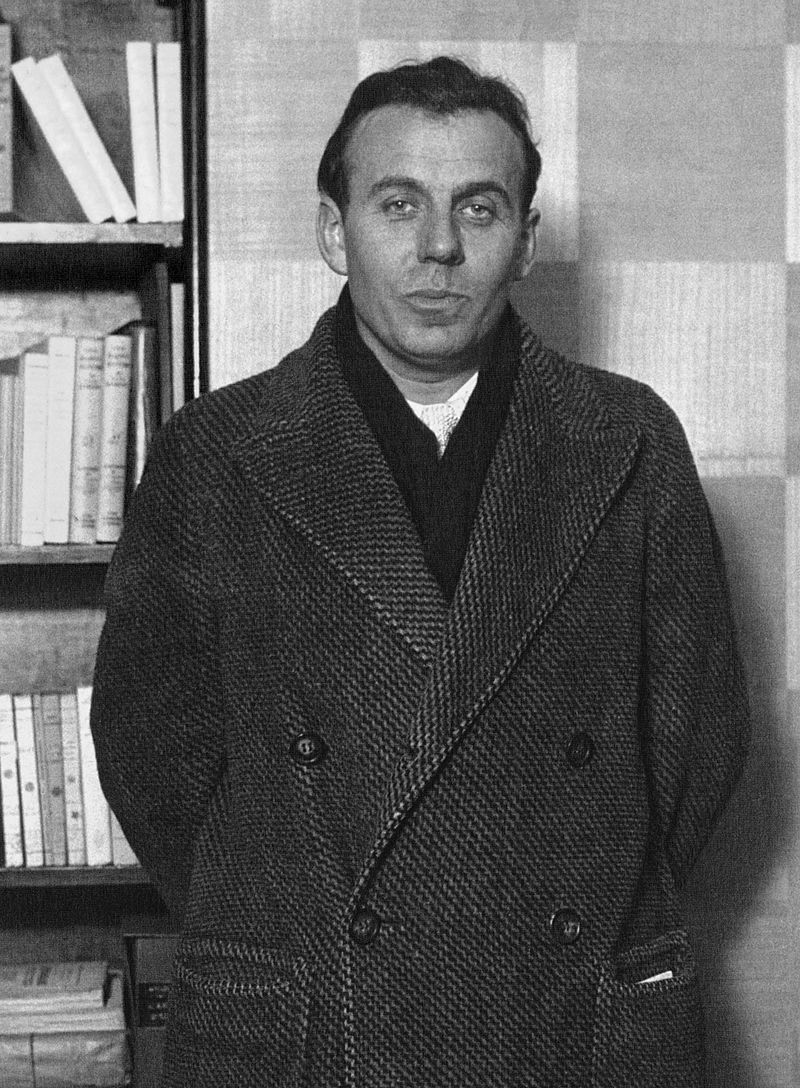
Louis-Ferdinand Céline
Louis-Ferdinand Céline was a French novelist and physician, renowned for his innovative narrative techniques and controversial views. His most famous work, 'Journey to the End of the Night,' is a dark exploration of the human condition, reflecting his experiences during World War I. Céline's writings often display a critical perspective on society and are marked by a distinctive style that combines colloquial language with profound existential themes.
Born on May 27, 1894 (131 years old)
Global Media Ratings
Countries Mentioned
No country-level mention data available.
Interactive World Map
Each country's color is based on "Mentions" from the table above.
Recent Mentions
 Lithuania:
Louis-Ferdinand Céline is a French author whose book 'Journey to the End of the Night' was discussed for its complex themes.
6
Lithuania:
Louis-Ferdinand Céline is a French author whose book 'Journey to the End of the Night' was discussed for its complex themes.
6
 Slovakia:
Louis Ferdinand Céline is a French novelist quoted by Fico in his speech.
6
Slovakia:
Louis Ferdinand Céline is a French novelist quoted by Fico in his speech.
6
 Spain:
Louis-Ferdinand Céline's unpublished texts reveal the darker aspects of human nature.
5
Spain:
Louis-Ferdinand Céline's unpublished texts reveal the darker aspects of human nature.
5
 Spain:
Céline's autobiographical novel reveals the darker aspects of human nature in a marginal London.
5
Spain:
Céline's autobiographical novel reveals the darker aspects of human nature in a marginal London.
5
 France:
Philippe Druillet mentions Louis-Ferdinand Céline among the personalities he encountered during his career.
6
France:
Philippe Druillet mentions Louis-Ferdinand Céline among the personalities he encountered during his career.
6
 Spain:
Louis-Ferdinand Céline is referenced for his perspective on aging and life.
5
Spain:
Louis-Ferdinand Céline is referenced for his perspective on aging and life.
5
 Greece:
Céline was a controversial figure whose anti-Semitic pamphlets led to severe repercussions during his life.
3
Greece:
Céline was a controversial figure whose anti-Semitic pamphlets led to severe repercussions during his life.
3
 France:
Louis-Ferdinand Céline's works are also associated with the infrapensée raciste discussed by Agier.
5
France:
Louis-Ferdinand Céline's works are also associated with the infrapensée raciste discussed by Agier.
5